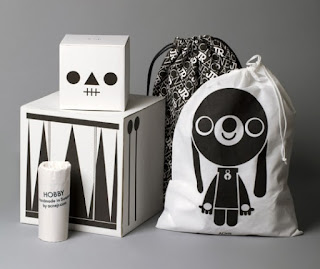Task
Use your PPP blog to record your responses to the following questions ahead of the group tutorials after reading week.
◦ What is Industrial experience?
◦ What can you learn from industrial experience?
◦ What form/format could industrial experience take?
◦ What areas of industry are you interested in?
◦ What are your concerns about industrial experience?
Identify at least five responses to each question and find appropriate primary and secondary sources of information (including visual material) that will support your findings. You will need these at your group tutorial and will form the basis for group discussion.
Use your findings to develop initial ideas about your own views, opinions, aims and ambitions in relation to industrial experience, internships and/or work placement opportunities.
Summarise your research in a set of 10 short but qualified statements that communicate your understanding, aims and ambitions relating to Industrial experience. These should be posted to your PPP blog.
What is Industrial experience?
1. An experience where you are a becoming a creative individual working with the best in studio environments. You may also visit studios and printing session to gain extra knowledge.
2. Being confident and available as an individual and a designer, and having a professional manor to ensure you are presented to your peers as a professional.
3. Taking part in live briefs that D&AD and YCN have to offer as well as working collaboratively with students from college or other aspiring designers and artist.
4. Networking is essential, to be part of an industry and getting your name known as a designer can help you become more established. Having a presence online with Pinterest, Behance, Facebook, Twitter etc.
5. Visiting places of interest for example printers, studios, agencies where you can pick up skills, and meet people who may be potential work partners.
What can you learn from industrial experience?
1. Learn how to be part of a team, work with and for designers in your specified environment.
2. What working in industry is REALLY like, not the usual pace and set deadlines like college, you may have a very limited amount of time to deliver a quality piece of work to a client.
3. To be professional, reliable, and hard working to show a good impression of how serious you want you career to take off.
4. You may learn new organisation, practical as well as software skills, depending on the root you take your experience might be what you expected or surprising, as well as good or bad.
5. Every industrial experience may be completely different from one another, so a variety of placements may be the best option to give you an advantage on your education - how to take part at being a designer within the professional industry. Trial and error.
What form/format could industrial experience take?
1. Work experience
2. Online networking
3. Visiting studio and exhibitions
4. Taking part in live briefs and competitions
5. Self initiated work, collaborative or freelance
What areas of industry are you interested in?
Typography and type design
Branding and identity
Posters and promotional design
Design for print, product and packaging
Hand rendered and digital Illustration/ animation
Motion graphics
What are your concerns about industrial experience?
1. Not being fully prepared for work placement, having a worthy portfolio or substantial amount of work to show my skills.
2. Selecting the right experience, making sure i pick somewhere i will enjoy, learn a lot as well make a good impression to my work colleagues, which inevitably may lead to further experience.
3. Getting the balance right between observing the professionals as well as working for them and with, the ability to do both would work out being an educational and active placement.
4. Not being prepared or advanced enough when it comes to software skills, the idea of working in a studio with professionals is quite daunting, even more so if your software skills are not developing.
5. The worry of not producing adequate work or making mistakes in designs which are for real briefs and real clients as there's no second chances in industry.
6. Not being able to handle the pressure of a stressful environment, or there being lack of pressure and organisation leading the placement to be a poor experience.

















No comments:
Post a Comment